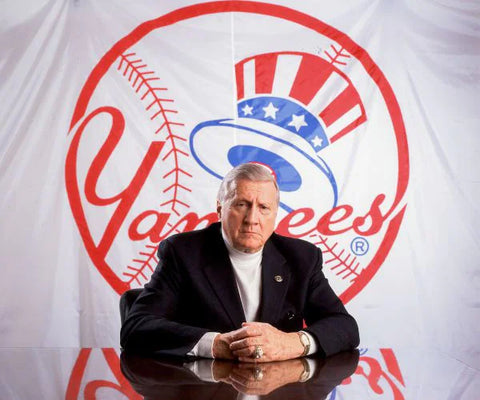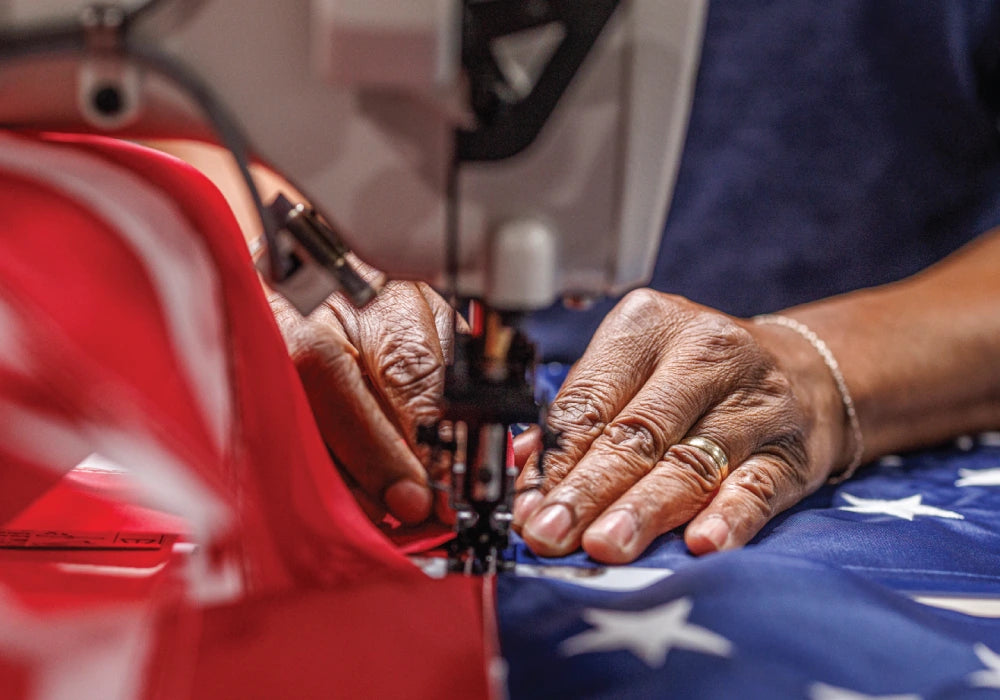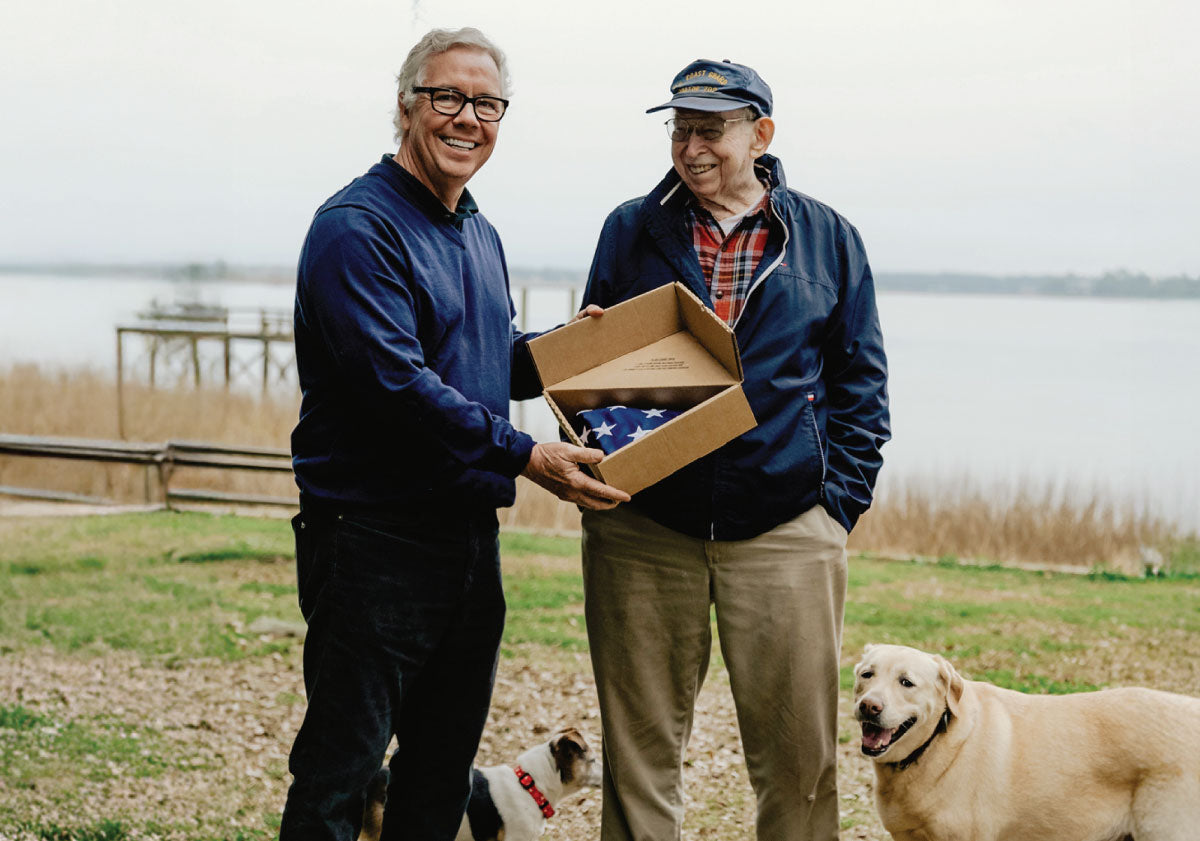December 29

1835
The Treaty of New Echota was signed in New Echota, Georgia, by officials of the United States government and representatives of a minority Cherokee political faction, the Treaty Party. The treaty established terms for the Cherokee Nation to cede its territory in the southeast and move west to the Indian Territory. Although the treaty was not approved by the Cherokee National Council nor signed by Principal Chief John Ross, it was amended and ratified in March 1836, and became the legal basis for the forcible removal known as the Trail of Tears.

1845
Texas was admitted into the United States as the 28th state. After gaining independence from Spain in the 1820s, Mexico welcomed foreign settlers to sparsely populated Texas, and a large group of Americans led by Stephen F. Austin settled along the Brazos River. However, the Mexican government's attempts to control the region lead to a rebellion. In March 1836, Texas declared its independence from Mexico. The citizens of the independent Republic of Texas elected Sam Houston president but also endorsed the entrance of Texas into the Union. In 1844, Congress finally agreed to annex Texas. Texas entered the United States as a slave state, broadening the irrepressible differences in the United States over the issue of slavery and setting off the Mexican-American War.

1982
American college football coach Paul "Bear" Bryant ended his career with the University of Alabama, holding the record for the most wins (323) as a head coach in collegiate football history. Considered by many to be the greatest college football coach of all time, Bryant amassed six national championships and thirteen conference championships during his 25 years at Alabama. He tragically died of a heart-attack the following January and was posthumously awarded the Presidential Medal of Freedom, the nation's highest civilian award, by President Ronald Reagan. A moment of silence was held before Super Bowl XVII, played four days after Bryant's death.
December 30

1853
James Gadsden, the U.S. minister to Mexico, and General Antonio Lopez de Santa Anna, the president of Mexico, signed the Gadsden Purchase in Mexico City. The treaty settled the dispute over the location of the Mexican border west of El Paso, Texas, and established the final boundaries of the southern United States. For the price of $15 million, later reduced to $10 million, the United States acquired approximately 30,000 square miles of land in what is now southern New Mexico and Arizona. More land was needed for the construction of a southern transcontinental railroad to begin, and this purchase provided that land.


1862
The U.S.S. Monitor sank in a storm off Cape Hatteras, North Carolina. Just nine months earlier, the ship had been part of a revolution in naval warfare when the ironclad dueled to a standstill with the C.S.S. Virginia (Merrimack) off Hampton Roads, Virginia, in one of the most famous naval battles in American history—the first time two ironclads faced each other in a naval engagement. Although the Monitor’s service was brief, it signaled a new era in naval combat. The Virginia’s arrival off Hampton Roads terrified the U.S. Navy, but the Monitor leveled the playing field. Both sides had ironclads, and the advantage would go to the side that could build more of them. Northern industry would win that battle for the Union.

1936
At 8 p.m., in one of the first sit-down strikes in the United States, autoworkers occupied the General Motors Fisher Body Plant Number One in Flint, Michigan. The autoworkers were striking to win recognition of the United Auto Workers (UAW) as the only bargaining agent for GM’s workers; they also wanted to make the company stop sending work to non-union plants and to establish a fair minimum wage scale, a grievance system and a set of procedures that would help protect assembly-line workers from injury. In all, the strike lasted 44 days. The automaker signed an agreement with the UAW in February. Among other things, the workers were given a 5 percent raise and permission to speak in the lunchroom.
December 31

1879
In the first public demonstration of his incandescent lightbulb, American inventor Thomas Alva Edison lit up a street in Menlo Park, New Jersey. Although the first incandescent lamp had been produced 40 years earlier, no inventor had been able to come up with a practical design until Edison embraced the challenge in the late 1870s. After countless tests, he developed a high-resistance carbon-thread filament that burned steadily for hours and an electric generator sophisticated enough to power a large lighting system.

1972
Roberto Clemente was killed along with four others when the cargo plane in which he is traveling crashes off the coast of Puerto Rico. Clemente was on his way to deliver relief supplies to Nicaragua following a devastating earthquake there a week earlier. At the end of September, Clemente had gotten his 3,000th hit in the final game of the season for the Pittsburgh Pirates. He was a hero in his native Puerto Rico, where he spent much of the off-season doing charity work. In 1973, Clemente was posthumously inducted into the Baseball Hall of Fame. In 2002, he was awarded the Presidential Medal of Freedom.

1999
The United States, in accordance with the Torrijos-Carter Treaties, officially handed over control of the Panama Canal, putting the strategic waterway into Panamanian hands for the first time. The treaty, signed in 1977 and narrowly ratified by the U.S. Senate, gave America the ongoing right to defend the canal against any threats to its neutrality. Crowds of Panamanians celebrated the transfer of the 50-mile canal, which links the Atlantic and Pacific oceans and officially opened when the SS Arcon sailed through on August 15, 1914. Since then, over one million ships have used the canal.
January 1


1863
A farmer named Daniel Freeman submitted the first claim under the new Homestead Act for a property near Beatrice, Nebraska. Signed into law in 1862 by President Abraham Lincoln, the Homestead Act gave citizens or future citizens up to 160 acres of public land provided they live on it, improve it, and pay a small registration fee. While the majority of early homesteads failed, more than 1.6 million farmers and ranchers eventually fulfilled their contracts and became landowners in the West.


1958
Johnny Cash played his first-ever prison concert at San Quentin. The concert inspired Merle Haggard, then a 20-year-old San Quentin inmate, to begin his journey towards becoming a country music legend. Of Johnny Cash’s prison debut, Haggard said this: “He had the right attitude. He chewed gum, looked arrogant and flipped the bird to the guards—he did everything the prisoners wanted to do. He was a mean mother from the South who was there because he loved us. When he walked away, everyone in that place had become a Johnny Cash fan.”

1962
The U.S. Navy Sea, Air, and Land Teams, The Navy SEALs, were established as a small, elite maritime military force to conduct Unconventional Warfare. The first two teams were recruited from the Navy's Underwater Demolition Teams, who had already gained extensive experience in commando warfare in Korea. Men of the newly formed SEAL Teams were trained in such unconventional areas as hand-to-hand combat, high-altitude parachuting, demolitions, and foreign languages. SEALs are typically ordered to capture or to eliminate high level targets, or to gather intelligence behind enemy lines. Formal training to become a SEAL is extremely rigorous, with less than 1% of candidates graduating and earning their "SEAL Trident."
January 2

1788
Georgia voted to ratify the U.S. Constitution, becoming the fourth state in the modern United States. Georgia, rich in export potential, was one of the most prosperous British colonies in America and was thus slower than the other colonies to resent the oppressive acts of the Parliament and King George III. During the war, Georgia was heavily divided between Loyalists and Patriots, and the British soon held most of the state. Savannah served as a key British base for their southern war operations, and the grim four-year British occupation won many Georgians over to the Patriot cause.

1974
President Nixon signed the Emergency Highway Energy Conservation Act, setting a new national maximum speed limit. Arab members of the Organization for Petroleum Exporting Countries (OPEC) protested the West’s support of Israel in the Yom Kippur War by stopping oil shipments to the United States, Japan and Western Europe. As part of his response to the embargo, President Nixon signed a federal law lowering all national highway speed limits to 55 mph. The act was intended to force Americans to drive at speeds deemed more fuel-efficient, thereby curbing the U.S. appetite for foreign oil. With it, Nixon ushered in a policy of fuel conservation and rationing not seen since World War II.

1980
In a strong reaction to the December 1979 Soviet invasion of Afghanistan, President Jimmy Carter asked the Senate to postpone action on the SALT II nuclear weapons treaty and recalled the U.S. ambassador to Moscow. These actions sent a message that the age of detente and the friendlier diplomatic and economic relations that were established between the US and Soviet Union during President Richard Nixon’s administration (1969-74) had ended. In 1980, Jimmy Carter lost the presidency to Ronald Reagan, who favored a more aggressive anti-Communist foreign policy. He dramatically increased U.S. defense spending and ramped up the nuclear arms race with the Soviets, whose faltering economy ultimately prevented them from keeping pace. The Soviet Union collapsed in 1991.
January 3


1938
Franklin Delano Roosevelt founded the National Foundation for Infantile Paralysis, which he later renamed the March of Dimes Foundation. A predominantly childhood disease in the early 20th century, polio wreaked havoc among American children every summer. Those who survived the disease usually suffered from debilitating paralysis into their adult lives. In 1921, at the age of 39, Roosevelt contracted polio and lost the use of his legs. With the help of the media and his Secret Service, FDR managed to keep his disease out of the public eye, yet his personal experience inspired in him an empathy with the handicapped and prompted him to the found the March of Dimes.

1973
A 12-member group headed by George Steinbrenner purchased the New York Yankees for $10 million from Columbia Broadcasting System, which owned the team since 1964. Known by many as "The Boss," Steinbrenner became one of the more controversial owners in sports history. Steinbrenner’s initial investment was quite small: $168,000, which was a little less than a 2% ownership stake. However, over the years he wrestled majority ownership of the team from others. When he died in 2010, Steinbrenner owned 57 percent of the team. Over the course of Steinbrenner's ownership, the Yankees won seven World Series and 11 American League pennants. The team is one of the most valuable in sports.

2004
The Mars Exploration Rover Spirit landed on the Red Planet. 21 days later, its twin, Opportunity, also arrived safely. In one of the longest and most successful missions in NASA history, Spirit would survey Martian geography for the next seven years. Opportunity remained active until June of 2018. The rovers' primary mission was expected to last 90 sols, the term used for Martian days. In March, scientists announced that they had made a momentous discovery: a survey of Martian rocks strongly suggested that water had once flowed there, and analysis of Opportunity's landing site indicated that it had once been the bed of a salty sea. Later in 2004, Opportunity also discovered the first meteorite to be found on Mars. The MER mission had a major impact on mankind's knowledge of our solar system.
January 4

1847
Samuel Colt rescued the future of his faltering gun company by winning a contract to provide the U.S. government with 1,000 of his .44 caliber revolvers. Before Colt began mass-producing his popular revolvers, handguns had not played a significant role in the American West. Expensive and inaccurate, short-barreled handguns were impractical for the most Americans. That began to change when Samuel Colt patented his percussion-repeating revolver in 1836. The heart of Colt’s invention was a mechanism that combined a single rifled barrel with a revolving chamber that held five or six shots. When the weapon was cocked for firing, the chamber revolved automatically to bring the next shot into line with the barrel.

1964
Patsy T. Mink was sworn in as the first Asian American woman and first woman of color to serve in the U.S. Congress. Throughout her career, the U.S. representative for Hawaii was a strong supporter of civil and women's rights, as well as an advocate for children, labor unions and education. Mink was a key author and sponsor of Title IX of the Education Amendments of 1972, which outlawed sex discrimination in any education program or activity receiving federal funding.







